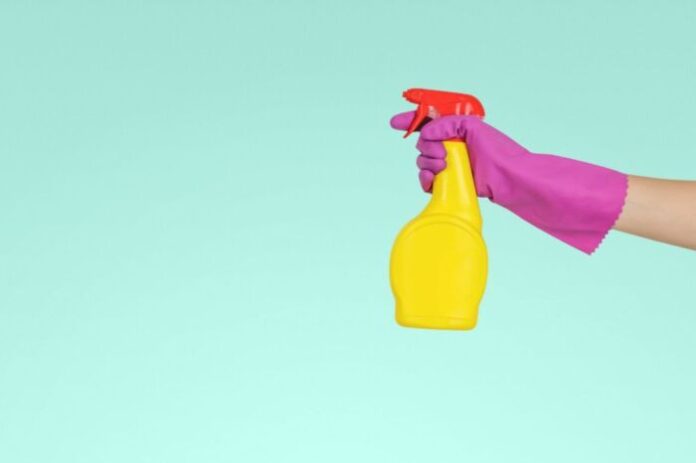
Excessive hygiene can damage health and the environment. Many scientific researches that have shown that living in an aseptic environment is harmful to our immune system, especially for those of children who instead should train themselves to react correctly to external stimuli. Not coming into contact with micro-organisms, mostly harmless, that populate surfaces, foods or in the air increases the probability that the immune system responds abnormally to completely normal substances, thus increasing the possibility of developing allergies .
If the good bacteria present in the environment are drastically reduced, for example by the cleaning action of detergents, also the endotoxins produced by these diminish, and therefore the ability of the immune system to activate against the bad bacteria in defensive mode is also less.
The solution is to live in a clean environment, respecting the basic rules of hygiene such as washing hands before eating or after taking the bus, but without exaggerating, risking to create an aseptic environment that ends up being counterproductive to the health.
The planet will also thank you. In fact, traditional detergents contain water pollutants that do not degrade easily. In every home, there are an average of ten to twenty cleaning products. They are too many, they would be much less. Detergents that contain more chemicals help us make everyday life easier, but we must not forget that an aggressive product on dirt can also be so with the environment and with us. The chemicals present are harmful to nature, irritate the skin and eyes, as well as being a major cause of children’s domestic poisoning. The environmental impact is given by three aspects: packaging, ingredients and use. But the main environmental impact (up to 90% depending on the products) depends on the use we make of it.
Here are some simple tips on how to use household detergents correctly:
- use concentrated products;
- buy products with refills;
- use the indicated dose and dilute according to the manufacturer’s instructions.
- reduce the use of sanitizing and disinfectant products;
- for simpler cleaning, try natural alternatives such as bicarbonate, vinegar, citric acid.






































